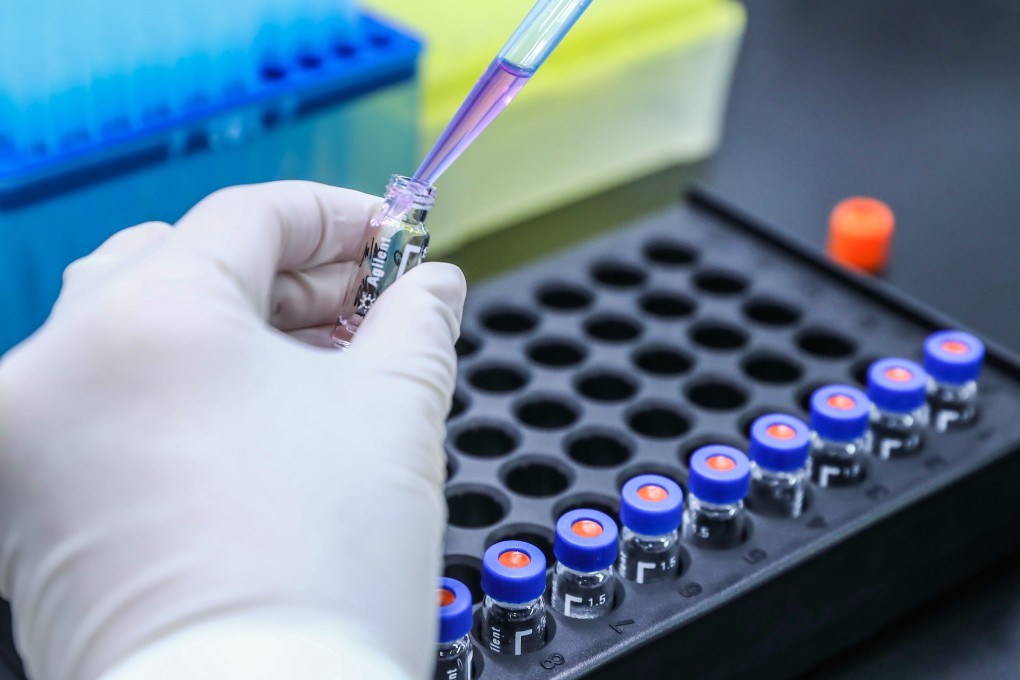Coronavirus vaccine: syringe and vial makers also face a race against time to meet demand
- Producers of basic medical equipment are racing to meet orders that could prove critical to the success of mass inoculation programmes around the world
- China is one of the biggest producers and many businesses started finalising plans with vaccine makers months ago

Syringe markers in China – one of the two key producers along with India – say they are racing to supply clients from around the world.
“The supply situation for syringes is tight and we’ve got orders that will have to be fulfilled until July,” said Ryan San, from TrusCare Medical, which produces 20 million plastic syringes a month.
San said the company from Nantong, in the eastern province of Jiangsu, had received orders from the Middle East, South America and Southeast Asia, which were filled on a first come, first served basis and shipped by sea.

03:27
Coronavirus: weird and wonderful vaccination centres around the world to fight Covid-19
So far this year, domestic demand had not been as high because the vaccination programme in China had just started and had not yet covered a significant portion of the population, he said.